- Home
- Get Help for Addiction
- Rehabs for the Disabled in the UK
Rehabs for the Disabled in the UK
In the UK one in five people have reported that they have a disability, from 2019 – 2020.
That’s 14.1 million people.
It shouldn’t be a surprise given the above, that some of those people would struggle with addiction.
It is a well-known fact that people with disabilities often suffer from addiction and struggle to find the right medical treatment for it.
Oftentimes, people with substance abuse disorders may also become disabled depending on how long they’ve struggled with addiction and the effects it has had on their bodies and minds.
This is because they may encounter a substantial and long-term adverse effect from their substance abuse disorder.
The fact that these two go hand in hand is terrible, but it doesn’t mean that you can’t get help if you area disabled person struggling with addiction.
What Is A Disability?
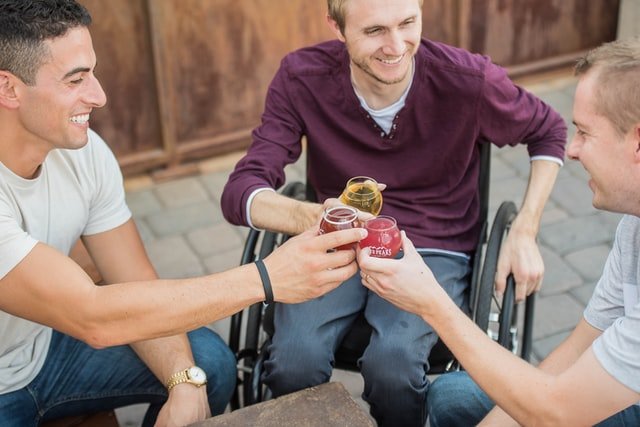
In the UK, if you have a mental, physical or learning difficulty and you struggle with day-to-day tasks, you are defined as having a disability.
Physical disabilities may include:
- Epilepsy
- Blindness
- Deafness
- Cerebral Palsy
- Cystic Fibrosis
Mental disabilities or mental health issues may include:
- Depression
- Anxiety
- Schizophrenia
- Bipolar Disorder
- Emotionally unstable personality disorder
Learning disabilities may include:
- Dyspraxia
- Dyslexia
- ADHD
- Autism
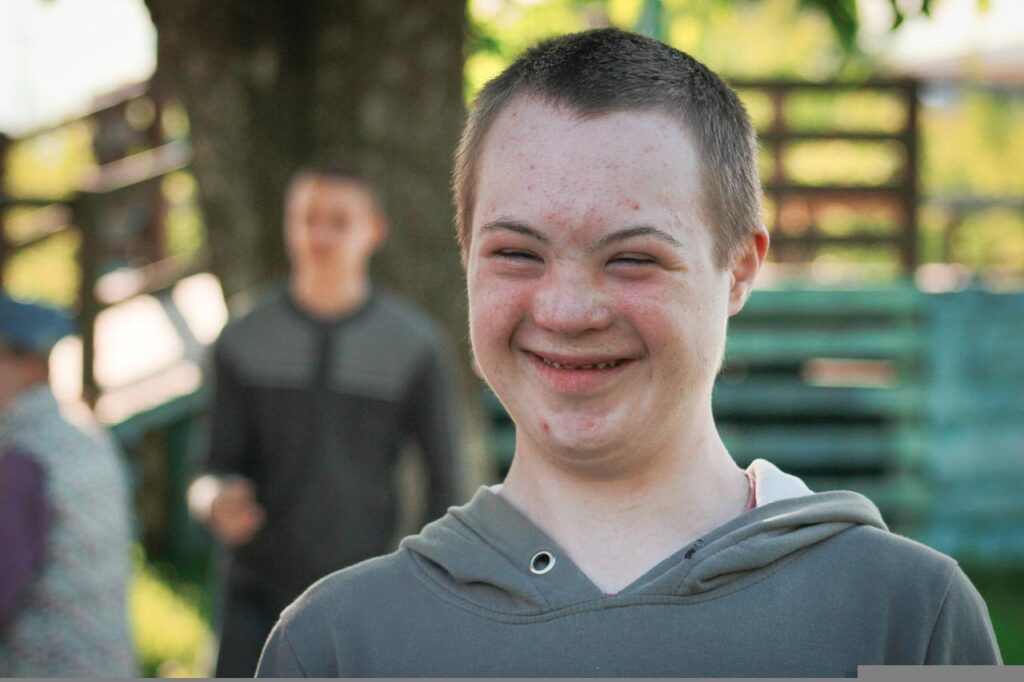
The above list is not exhaustive, and there are many other conditions that may be considered a disability.
It is also worth noting that the government considers progressive conditions that get worse as a disability as well, such as cancer.
However, chronic conditions are reviewed on a case-by-case basis.
The Equality Act 2010

There an ongoing fight in the UK to make addiction a disability, as some consider it a physical disability.
New research is consistently being reviewed into addiction and there is hope that at some point it will be added to the above list.
Sadly, there has not been much success with it yet and it is not currently recognized as a disability.
However, if you have any physical or mental impairments due to struggling with addiction, the government recognizes this as a disability.
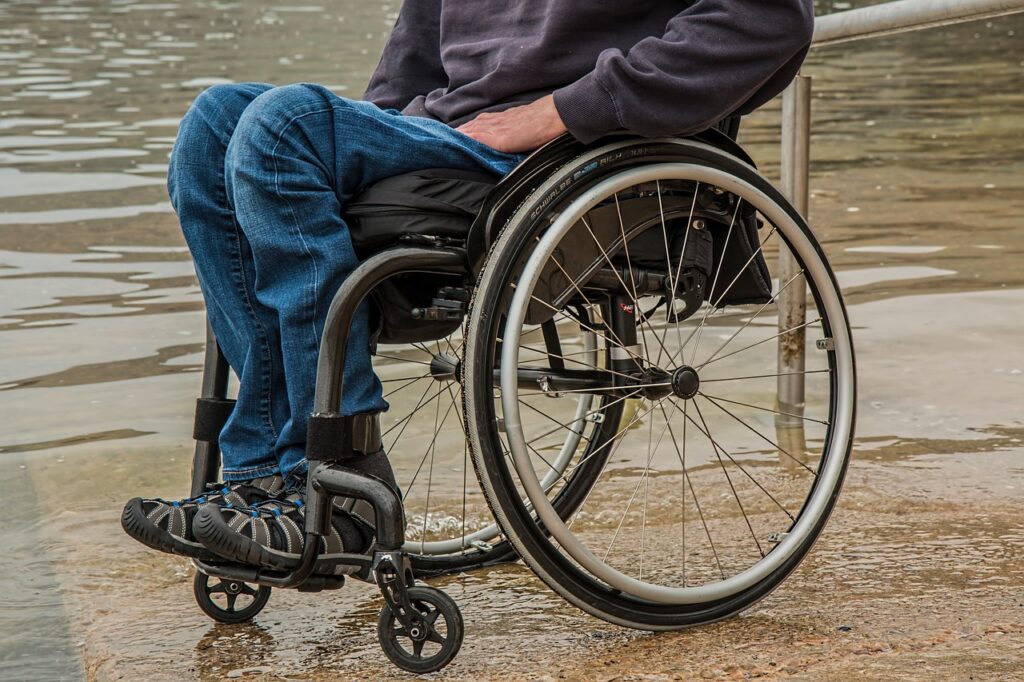
This is because they understand it can impact your physical health or you can develop a mental health condition from it.
Due to the above, you would be eligible for various different types of government aid and can qualify for financial support as well.
Addiction may be added as a disability in the future though, as there is an ongoing fight and many petitions surrounding this issue.
Is Addiction Actually A Disability?

Although it is not defined as a disability in the UK, various places are trying to get it recognized as a disability.
It has also been continuously discussed by professionals whether it is a disability, but more and more studies are beginning to reflect that it is.
In fact, due to the overwhelming amount of research that shows this, America has already passed the Rehabilitation Act.
They classify an addiction to alcohol, an addiction to prescribed drugs or any other kind of addiction as a disability.
Because of this, addiction sufferers can get disability aid and claim further support.
We still have a long way to go in the UK before it is given the same recognition as a disability.
However, with many studies consistently being conducted on this, it won’t be long until it is recognized here as well.
Support Networks For Disabilities And Addiction

People who are disabled are more likely to be addicts – in fact, they are up to 4 times more likely to experience some form of addiction in their lifetime.
If someone is disabled and suffers from chronic pain, these odds increase – as such, it’s important to have a good support network.
Support networks can be friends, family or anyone that you feel you can confide in.
Those who suffer from addiction and have a disability are more likely to develop a mental illness as well if they do not have a support network.
If you feel as though you don’t have a secure support network, please reach out to us.
Our operators can discuss some options to get you the right help and support.
Is It Harder To Detox If You Have A Disability?
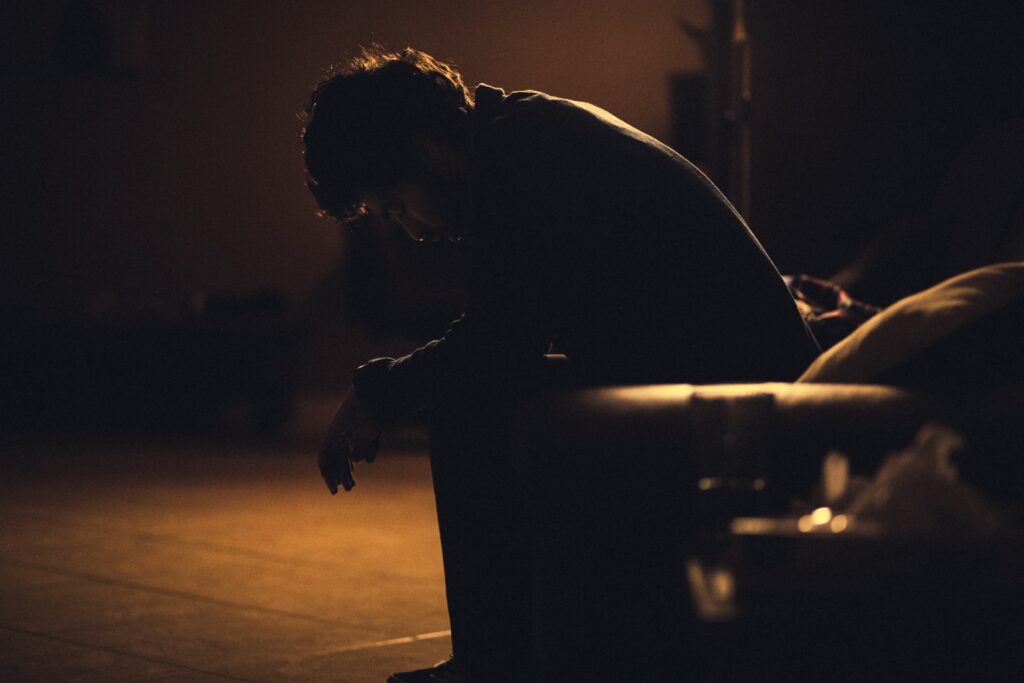
As a disabled person, it can be much harder to seek medical support.
The same is true for anyone who is struggling with addiction.
Combine the above two and you will find it much harder to seek help in general.
People with disabilities usually suffer from other issues as well.
If there is a physical disability, there may be issues getting to a GP to seek help, or finding an accessible rehab centre.
On the other hand, if they have a mental disability, it may be difficult to find somewhere that can accommodate that as well.

People with disabilities need somewhere that is able to provide care for the addiction that they are suffering from whilst ensuring that treatment is accessible for them.
Treatment shouldn’t just be accessible for able-bodied people.
Addiction treatment should be available to everyone and anyone who is in need of it.
What Should I Look For If I Want Treatment?

At Rehab-Recovery, we look at giving the best treatment for everyone.
We’re always looking for ways to ensure that our staff can accommodate to anyone who needs treatment.
Even though people with disabilities make up a large part of the British population, some places do not provide the necessary right accommodations.
Communication barriers, clinics being inaccessible and a lack of knowledge in the rehab industry can cause significant problems .

As such, it’s important that you seek out the appropriate support and thoroughly research whatever clinic you wish to use.
Disabled people are more likely to struggle with addiction, so the rehabilitation centres should be just as accommodating to those with disabilities.
The best thing to look for when seeking the appropriate support is staff who are willing to listen to your concerns and what you’ve struggled with.
It’s almost important to figure out whether centres are accommodated to your needs (e.g. if you are deaf, can anyone there use BSL?).
How Do I Get Support With Rehab Recovery?
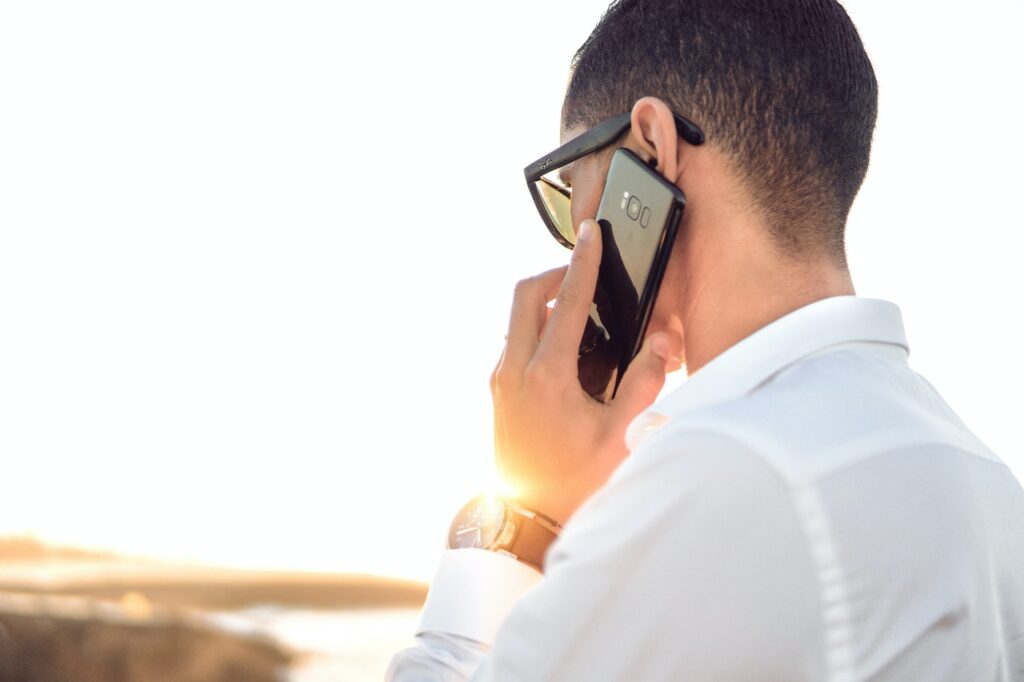
People with disabilities deserve to have help if they are struggling with addiction.
We will provide whatever accessible treatments we can if you are struggling – even our website can be changed to be more accessible for you.
You can get in touch with us today on 0800 088 66 86 and learn more about the various treatment options we can connect you to.
We will always give anyone struggling the best, most appropriate and most accessible treatment possible.


